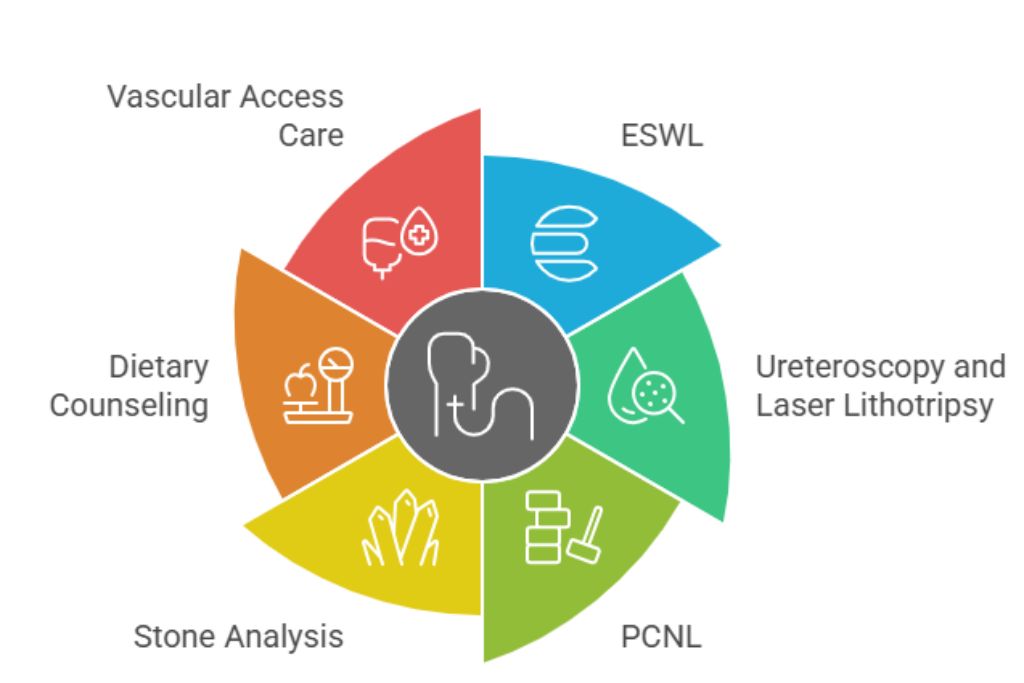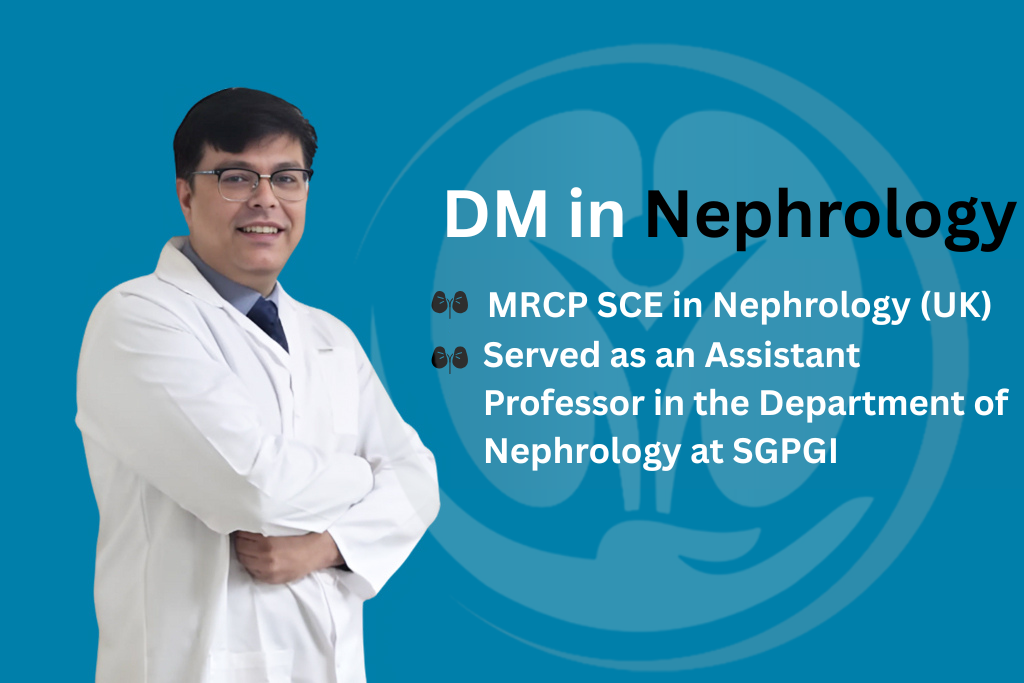What are Kidney Stones?
Kidney stones are one of the most common urinary problems in India, often causing severe pain and
complications if not treated by a specialist. As a leading kidney stone treatment specialist in
Gorakhpur, Dr. Arpit Srivastava offers advanced, patient-centered care to diagnose, treat, and prevent
kidney stones. He provides complete support for patients, including guidance on their types, causes,
impact on kidney health, symptoms, diagnosis, treatment options, advanced services, and preventive
measures. With a focus on compassionate and expert nephrology care, patients across Purvanchal trust Dr.
Srivastava for effective management and long-term kidney health.
Kidney stones are hard deposits of minerals and salts that form in the kidneys when urine becomes
concentrated, allowing crystals to stick together. These stones can vary in size, from as small as a
grain of
sand to as large as a golf ball, and may remain in the kidneys or travel through the urinary tract,
causing
significant discomfort. While some stones pass naturally, others require medical intervention to prevent
complications.
+91-7054357996


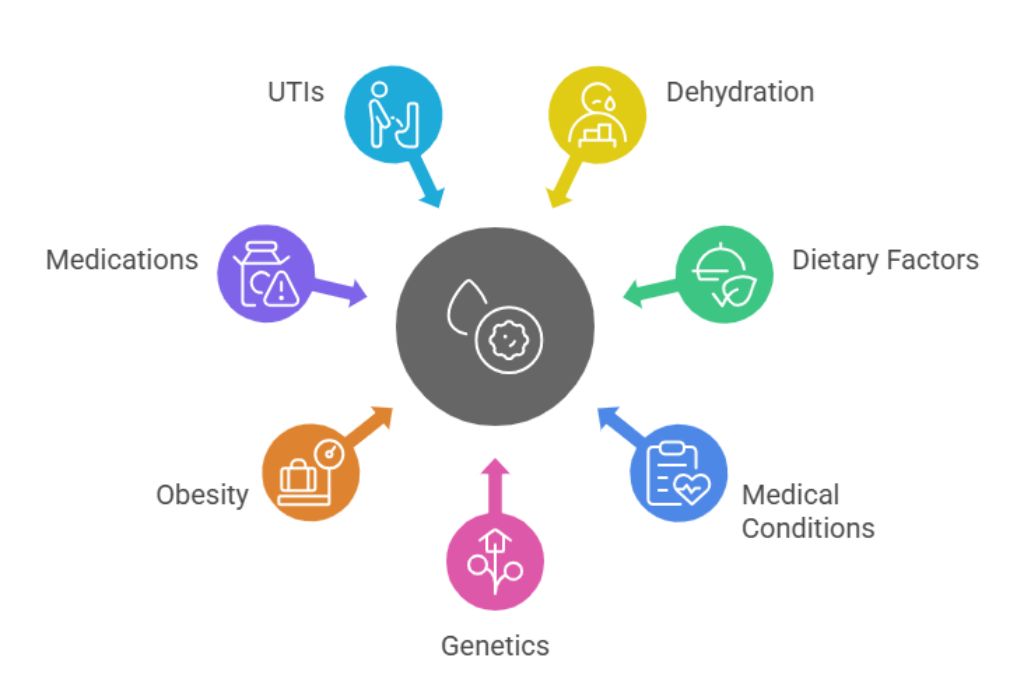
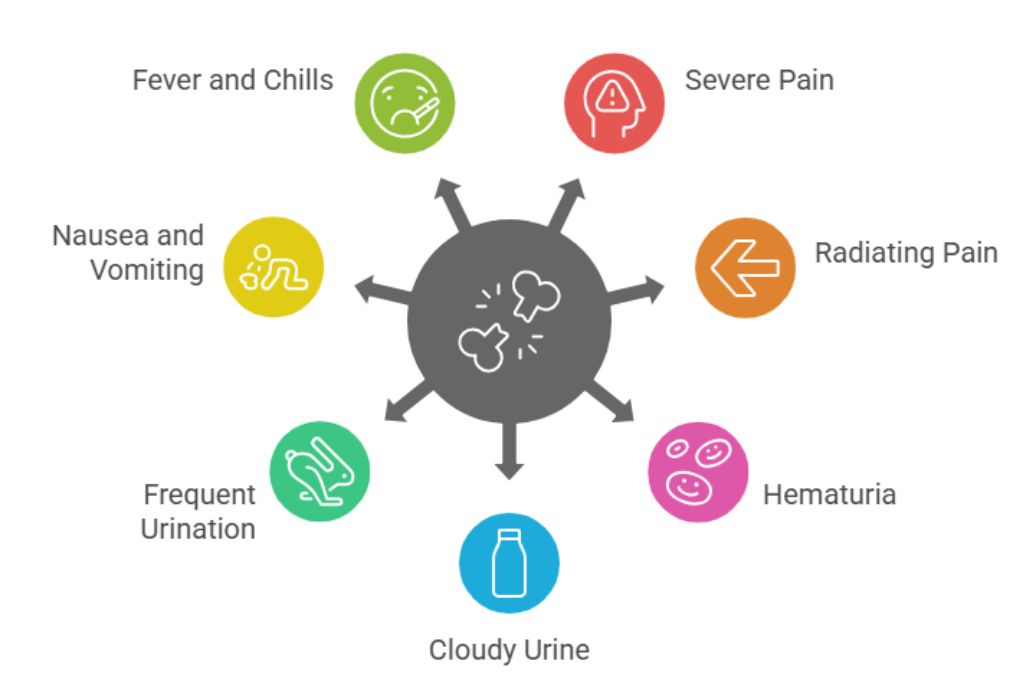
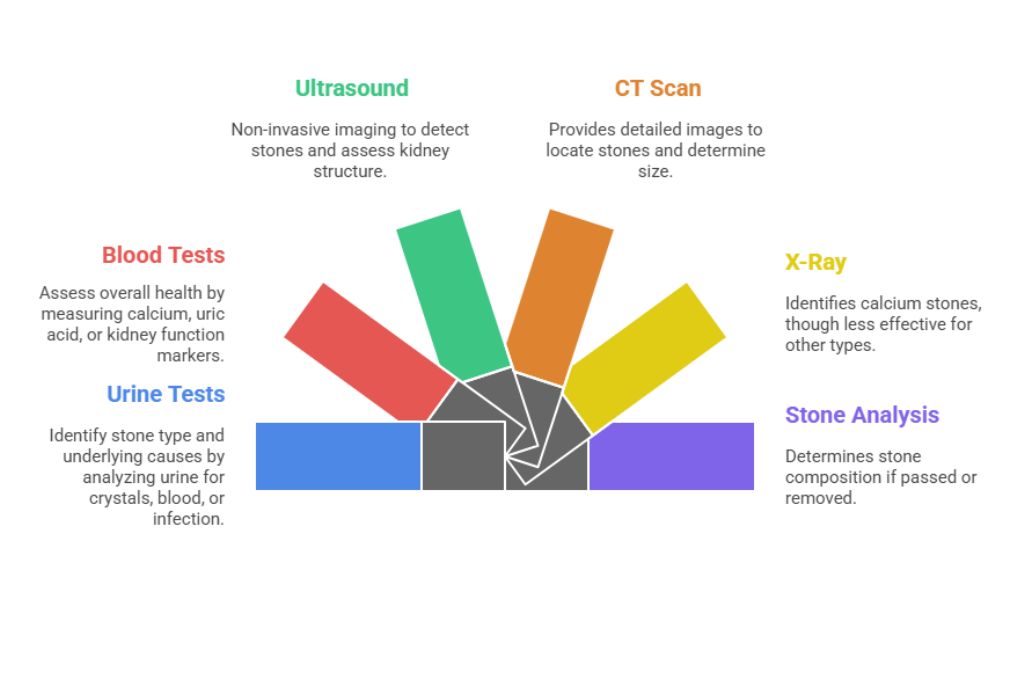

.png)
